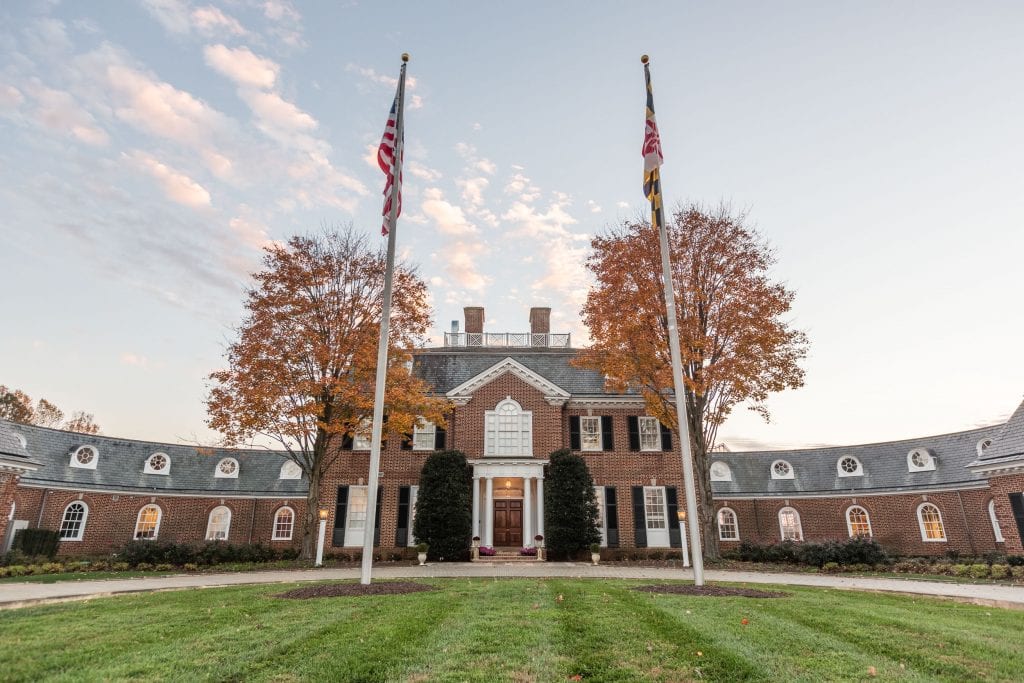Comprehensive Guide to Mental Health Treatment for Drug & Alcohol Addiction
Explore our all-inclusive guide on mental health treatments for substance abuse. Understand therapies, recovery processes, and how to support a loved one in their journey.
Table of Contents
- Understanding Addiction & Mental Health: Dual Diagnosis & Brain Chemistry
- Best Psychotherapeutic Modalities for Addiction Treatment
- Alternative, Holistic, and Specialty Therapies for Addiction Treatment
- Online and Telehealth Therapy: The Digital Frontier in Mental Health and Addiction Treatment
Understanding Addiction & Mental Health: Dual Diagnosis & Brain Chemistry
Exploring the intricacies of addiction requires a comprehensive grasp of mental health and the profound impact of substances on the brain. In this guide, we’ll dive into the concept of dual diagnosis and reveal the effects of drugs on our brain chemistry.
Dual Diagnosis: The Intersection of Substance Use Disorder & Mental Health
When an individual grapples with both a substance use disorder and a concurrent mental health issue, it’s labeled as a ‘dual diagnosis’. This combination can manifest in various forms, such as depression paired with alcoholism or anxiety coinciding with opioid addiction.
Why Dual Diagnosis Matters
- Holistic Treatment. Dual diagnosis demands an integrated treatment approach, tackling both the substance use disorder and the mental health challenge.
- Enhanced Challenges. Dual diagnosis patients face amplified difficulties, from intensified stigma to a heightened risk of relapse.
- Better Recovery Outcomes. Recognizing and treating both issues can pave the way for more effective recovery and an uplifted quality of life.
The Brain on Drugs: Decoding Substance-Induced Brain Chemistry Changes
Every substance, from alcohol to stimulants, exerts distinct effects on the brain. Chronic exposure can fundamentally alter the brain’s functioning and structure.
Key Changes Drugs Impact on Brain Chemistry
- Neurotransmitter Fluctuations. Drugs can dramatically shift neurotransmitter levels, inducing euphoria or dampening pain. E.g.,cocaine amplifies dopamine, inducing intense pleasure.
- Brain Pathway Modifications. Persistent drug usage can rewire the brain, bolstering drug-seeking behaviors. E.g., opioids can suppress the brain’s natural pain-relieving compounds, intensifying drug cravings.
- Brain’s Reward Mechanism. Many drugs hijack the brain’s reward circuitry, associating drug consumption with pleasure, perpetuating addiction.
The Twin Pillars of Dependence
- Physiological Dependence. The body’s reliance on a drug for normalcy. Ceasing consumption can trigger withdrawal. E.g., halting alcohol can induce tremors or hallucinations.
- Psychological Dependence. Post-detox, intense drug cravings can persist due to altered brain functions.
Best Psychotherapeutic Modalities for Addiction Treatment
Cognitive Behavioral Therapy (CBT) in Addiction Recovery
- Focuses on understanding and changing negative patterns of thought and behavior that contribute to addiction.
Dialectical Behavior Therapy (DBT): A Holistic Approach
- Integrates traditional cognitive-behavioral approaches with mindfulness strategies. Essential for those dealing with co-occurring mental health disorders.
Contingency Management (CM): Positive Reinforcement in Treatment
- Encourages sobriety through positive reinforcement, such as vouchers or privileges.
Boosting Motivation with Motivational Enhancement Therapy (MET)
- Accelerates intrinsic motivation, addressing ambivalence towards addiction treatment.
Acceptance, Commitment, and Addiction: A Deep Dive into ACT
- Emphasizes personal values, acceptance of past actions, and commitment to positive change in addiction treatment.
Unraveling the Past with Psychodynamic Therapy
- Addresses past experiences and unconscious emotions that might drive addictive behaviors.
Interpersonal Therapy (IPT) in Addiction: Building Stronger Relationships
- Concentrates on interpersonal relationships, focusing on issues like grief, role transitions, and more that may contribute to addiction.
Narrative Therapy for Addiction: Rewriting Your Story
- Encourages individuals to detach from their addictive narratives and craft a new empowering story.
Finding Quick Solutions with Solution-Focused Brief Therapy (SFBT)
- Directs attention to solutions, leveraging individual strengths for recovery.
Strengthening the Family Unit: Family Systems Therapy
- Addresses family dynamics and offers strategies to create a supportive environment for recovery.
Staying Present with Mindfulness-Based Relapse Prevention (MBRP)
- Combines mindfulness practices with techniques to prevent relapse in addiction recovery.
Holistic Healing: Integrative Therapy in Addiction Treatment
- Customizes therapy by incorporating multiple therapeutic techniques according to individual needs.
Alternative, Holistic, and Specialty Therapies for Addiction Treatment
Yoga and Addiction Recovery
- Integrates physical postures, breathwork, and meditation to cultivate mindfulness and reduce cravings.
Acupuncture: Ancient Healing for Modern Addiction
- Stimulates body points to balance energy and alleviate withdrawal symptoms.
Biofeedback and Neurofeedback: Tuning the Mind-Body Connection
- Empowers individuals to consciously control physiological functions to reduce stress and cravings.
Herbal Medicine in Addiction Treatment
- Utilizes natural herbs to manage withdrawal symptoms and promote overall well-being.
Mindfulness and Meditation: Cultivating Awareness
- Emphasizes being present and mindful, aiding in emotional regulation and craving management.
Adventure Therapy: Healing in the Great Outdoors
- Uses outdoor activities like hiking, rock climbing, and group challenges to foster teamwork, confidence, and personal growth.
Art and Music Therapy: Expressive Pathways to Healing
- Encourages expression through various art forms, helping individuals process trauma and emotions.
Equine-Assisted Therapy: Bonding with Horses for Recovery
- Builds trust and communication through interactions with horses, promoting personal insight and growth.
Online and Telehealth Therapy: The Digital Frontier in Mental Health and Addiction Treatment
The digital era introduces effective and accessible online therapy solutions for mental health and addiction.
Accessibility and Convenience
- Receive treatment from the comfort of home or any private space.
Anonymity and Privacy
- Offers a layer of discretion, reducing the stigma associated with seeking help.
Diverse Therapeutic Options
- Wide range of therapies available, from CBT to holistic practices, all via video, voice, or text.
Support Networks
- Digital platforms often feature community forums, offering peer support.
Cost-Effective Treatment
- Often more affordable than traditional in-person therapy with flexible payment options.
Access to Specialists
- Connect with specialists outside your geographical location, ensuring best-fit care.
